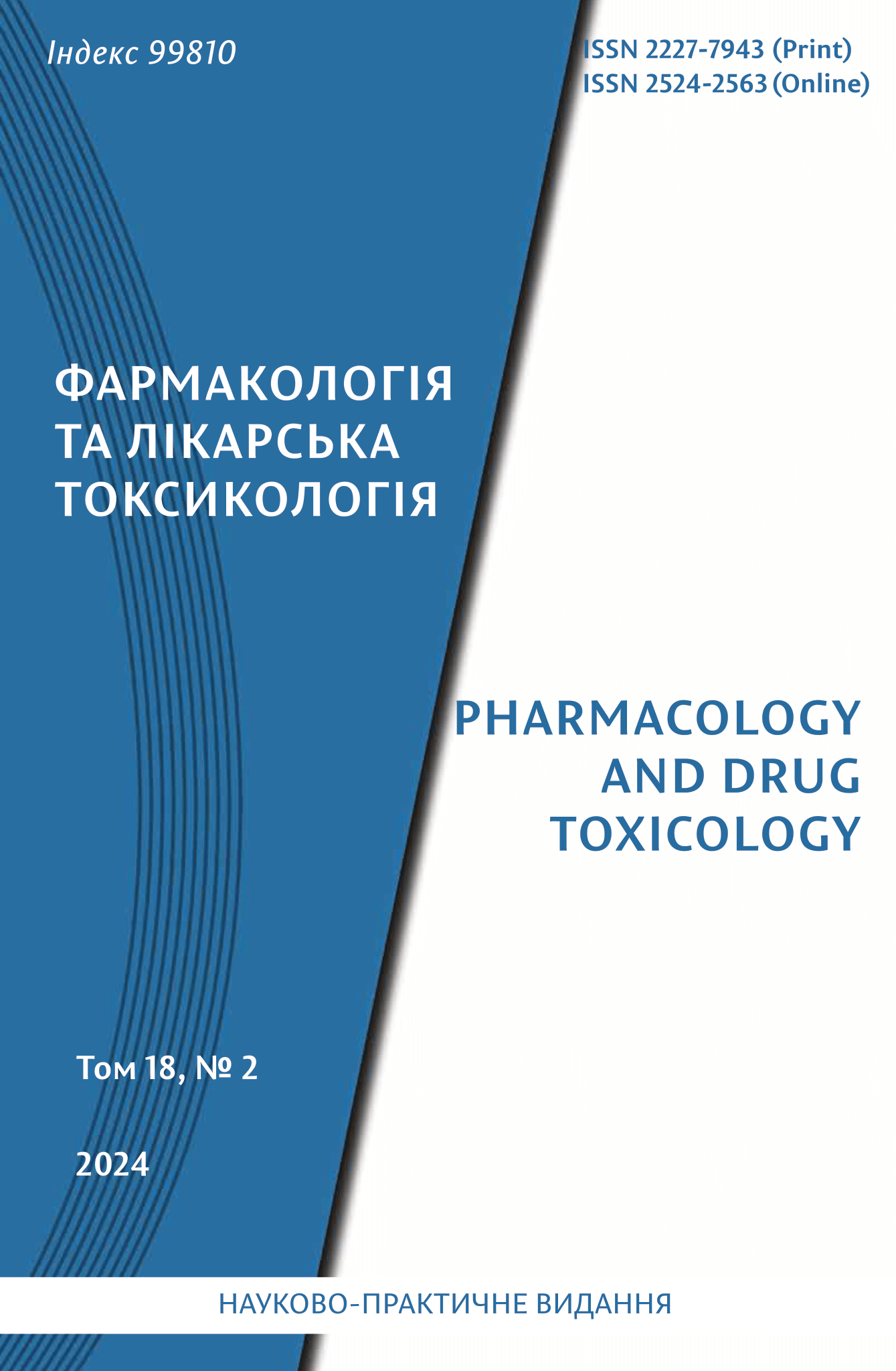Abstract
Cold trauma remains an actual issue for patients and physicians of various specialties and can affect people of different ages, social statuses, and professions. The issue of prevention and treatment of cold trauma has gained significant importance since the declaration of martial law in Ukraine. Military personnel, in particular, are exposed to low temperatures and high humidity for at least 4–5 months a year. The number of military personnel seeking qualified medical care is several times higher than that of the civilian population. Both women and men are found among the civilians and military personnel. However, the severity of both local reactions and general cooling can vary greatly. Sex is one of the most important factors that determines human behavior, as well as specific reactions of internal organs. Agents with frigoprotective action are prescribed to prevent damage of internal organs that may occur in the early or late periods after cold trauma. Drugs from various pharmacological groups are used in order to cold trauma protection. Nevertheless, data on their positive effects in various literature sources are debatable, and such significant factor as sex is often not taken into account.
The aim of the study was to evaluate sex-dependent peculiarities in the tolerance to extremely low temperatures, the characteristics of the survival of the male and female mice against the background of acute cold trauma; to identify the frigoprotective effect of agents from different pharmacological groups.
Sex peculiarities in survival rates were observed in male and female mice during acute whole-body cooling. That is likely attributed to sex hormone influence, as the investigated animals were sexually mature. Gonadectomy induced a shift in the lifespan index vector of mice: castration of males prolonged survival under cold injury, while ovariectomized females exhibited a decrease in lifespan.
Based on the pronounced frigoprotective effect, the investigated drugs can be ranked as follows: Diclofenac sodium, Lipin, Bemitil, Montelukast.
In conclusion, this study demonstrates the existence of sex-dependent difference in the organism’s sensitivity to low temperatures (whole-body cooling, WBC). Female mice exhibited greater resilience under these experimental conditions in contrast to males. Sex hormones play the leading role in the observed sex difference as gonadectomy in males increased lifespan under WBC, while in female mice decreased it.
